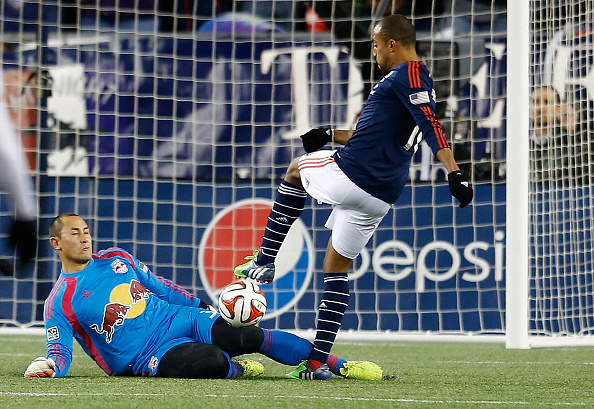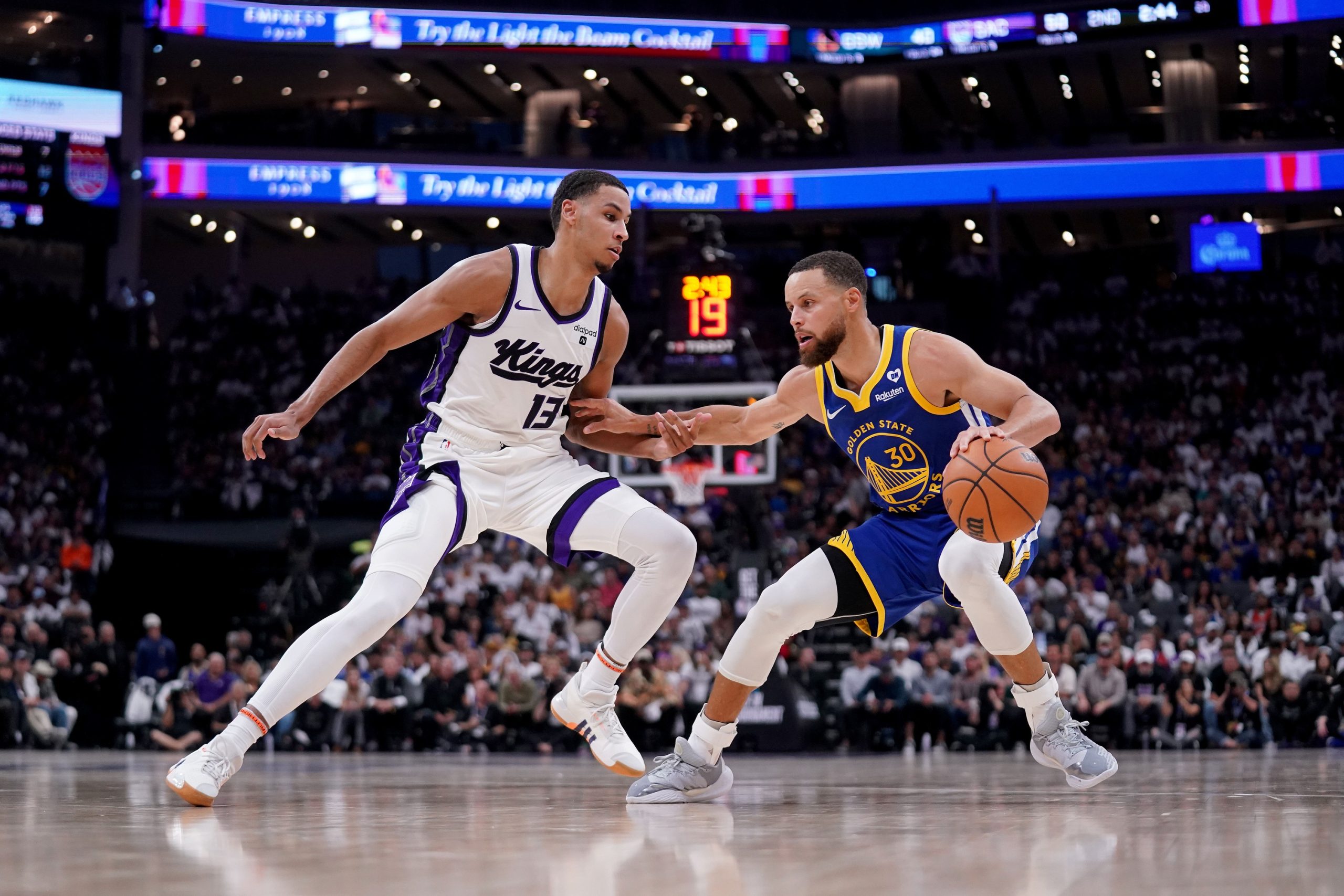On Monday there were shock waves sent through MLS and the entirety of US Soccer when a multi-billion dollar offer to the league was made public. Sports Business Journal reported that international media company MP & Silva offered to pay $4 billion to MLS for their worldwide television rights deals over a ten year period as soon as their current contracts with Fox, ESPN, and Univision expire. Right now MLS only makes less than $100 million a year in domestic rights deals so it would be an enormous cash influx for the league. There’s just one catch…
MLS would have to adopt a promotion-relegation system as seen around the rest of world soccer.
For MLS, it’s a non-starter. Given MLS’s hardline stance against promotion and relegation, this appears to be mostly a headline grabber and a fantasy scenario. Most relevant in the here and now, MLS can’t just go ahead and sign a new rights deal today. The current broadcasters (Fox, ESPN, Univision) have an exclusive negotiating window with MLS when it will become time to renegotiate their contracts in the next decade. Silva could offer $400 billion to MLS but it legally can’t happen until the window with the current rights partners passes.
MP & Silva also have a decisive interest in MLS going that route as Riccardo Silva is an owner for Miami FC of the NASL. He even paid to have the Florida International University football stadium named after him as they host Miami FC home games. There’s no way for Silva and Miami FC to make it to the big leagues of MLS unless a promotion-relegation system exists across the US Soccer pyramid. It’s also not a coincidence that a study put forward by Silva says that promotion-relegation would be beneficial for the whole of US Soccer.
Of course, there is some truth in that. And those in favor of the USA adopting promotion and relegation are just as fervent in their stance as MLS is in their stance.
Stepping back from those entrenched positions, there has to at least be some intrigue from MLS here, doesn’t there? I mean, we’re talking a quadrupling of their rights fees. Four. Billion. Dollars. And sure, that money would have to be spread over the entirety of the pyramid, but that sudden cash windfall can’t be overlooked.
Imagine what American soccer teams could do with a few extra hundred million dollars lying around. Could it be put to signing more top quality players? Improving the depth of quality not just across MLS, but the NASL and USL as well? Would adopting a promotion-relegation system make MLS more attractive (and thereby more profitable) on the world stage to players and investors?
And then there are the traditional arguments in favor of promotion and relegation. It makes the regular season more exciting from top to bottom. While every other sport has to address issues of tanking and games between teams at the bottom of the standings not meaning anything, the threat of relegation adds a sense of urgency to every single regular season game. I’d imagine at some level that would make MLS’s television partners more interested as the league looks for any and every way possible to raise its beleaguered television ratings. A billion dollar rights deal like this could also boost NASL or USL as those games (with spots in the top division on the line) would become infinitely more important. Imagine following a long-time MLS team like the Chicago Fire or Columbus Crew in the lower leagues as they try to fight their way back to the top.
But therein lies the reason why promotion and relegation is still far away across the horizon. MLS teams and owners don’t want to risk the threat of dropping down a division. They don’t want to risk leaving MLS and heading to the USL or NASL, where the average attendance is 25% of the top league. Then there is the reality that prospective MLS owners aren’t forking over $150 million in expansion fees with the threat of relegation even as a remote possibility.
MLS, as a single entity, has been built first on the survival of its franchises and then the growth of the league. That’s been the lesson learned from past boom and bust efforts to make professional soccer a staple of the American sports scene. And with a promotion-relegation system suddenly thrust upon teams, owners, and fanbases, the unknowns of those risks are front and center of the minds of MLS. Given the different rules and regulations across the board, you would have to rebuild the entire US Soccer pyramid almost from scratch.
Fans may want promotion and relegation, but do they want a world of free spending and no salary cap with it? Do they really want MLS and US Soccer to look like England or Spain where just a handful of teams (aside from Leicester’s miracle) have a realistic chance of winning the championship? Then there’s the question of what would happen to the club and the fanbase for the first MLS team that gets relegated? Would fans of DC United show up to games if they were playing Indy Eleven instead of NYCFC? Even with the guarantee of parachute payments and TV rights, it’s impossible to predict the widespread impact.
It’s fun to play the what-if game with promotion and relegation. Could it be the switch that needs flipped to grow the game and make the league more relevant, especially with televised regular season games? Could it be something that drives interest in the pro leagues across America? Is it the pathway towards making MLS more competitive with major leagues around the world? Perhaps, but there are so many obstacles to it that even billions in rights fees can’t quickly overcome.
Right now the biggest obstacle is the willpower of MLS itself. Don Garber and the league have built MLS on the model of American professional sports rather than world soccer. Their single entity system and quickened pace of expansion to 28 teams runs counter-intuitive to a traditional promotion-relegation system. Simply put, the dream of MLS is to be the soccer version of the NFL rather than the American version of the EPL.






